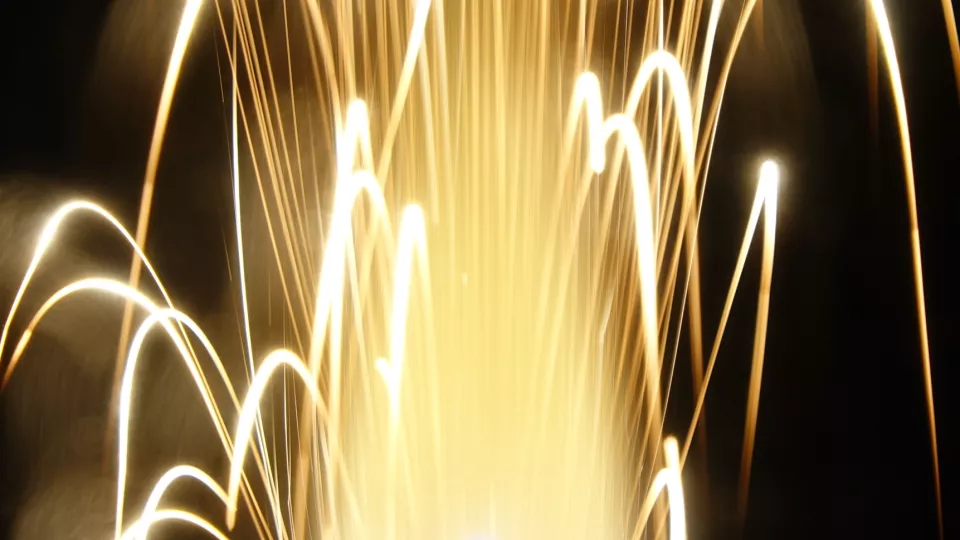One of the main problems with energy is transport. We often have access to a lot of energy such as light from the sun in the Sahara or geothermal energy in Iceland. But most people do not live at these places and where the people are is where the energy is needed. Therefore efficient transport of energy in the form of fuel is important and to make this efficient we want to have as much energy as possible per kilogram and volume fuel. Metals are here a great alternative since they are one of the options with high energy density when comparing different fuels.
We have a research project that focuses on finding and understanding the characteristics of metal combustion to make them useful in large scale facilities. Currently our work is focused on aluminium since it has the possibility to be burned in water vapor. This special combustion will result in heat and hydrogen where the hydrogen can be further used in cars as fuel. This means that we indirectly can store hydrogen in aluminium which is much safer since hydrogen gas has a tendency to blow stuff up.
In our research we use lasers to measure different important aspects of the metal combustion with the goal of understanding how it can contribute as a fossil free fuel in the future.
More information
Zhongshan Li - portal.research.lu.se


